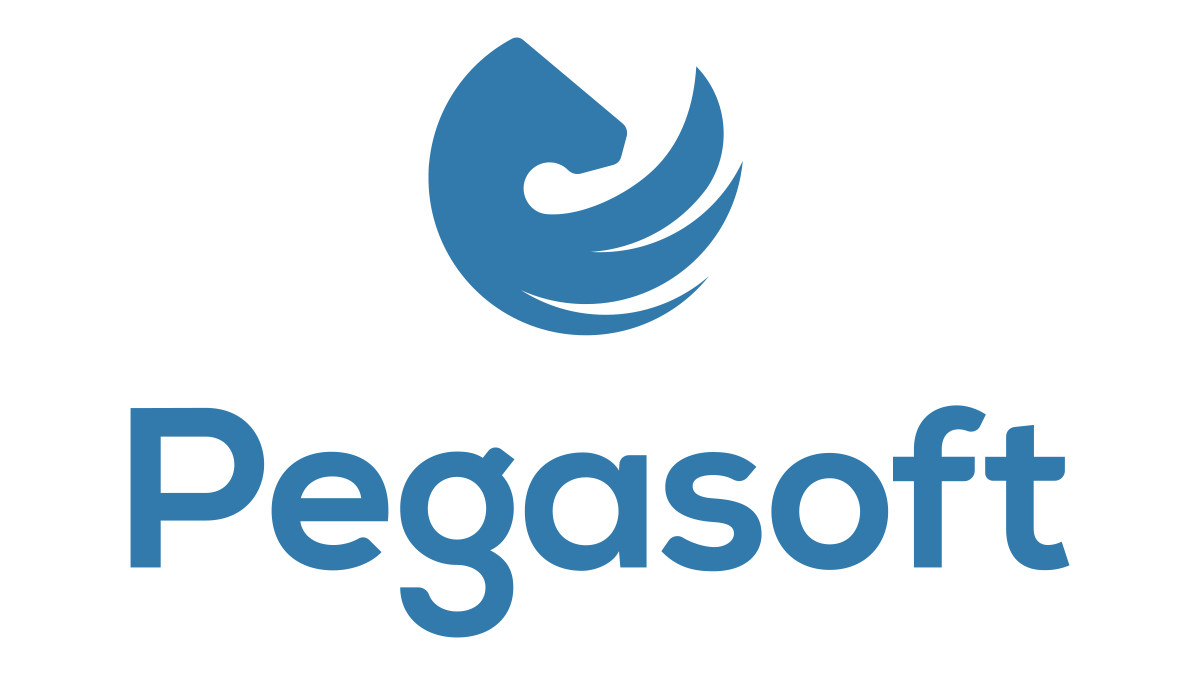Artificial intelligence in drug discovery: a breath of innovation in the pharmaceutical world.
Artificial Intelligence (AI) is increasingly revolutionising our daily lives and is now involved in many aspects of our lives. In the pharmaceutical world, as in all areas where research and development play a key role, expectations of AI are very high.
Research and new medicines
Pharmaceutical research is expensive and fraught with failure: according to recent estimates, almost 90% of drug trials fail to produce the desired result. Artificial intelligence promises to reverse this situation and, at least in theory, to speed up the entire drug discovery process and make it much more effective.
Recently, an artificial intelligence algorithm identified an antibiotic effective against a drug-resistant bacterium in just two hours. (See article The antibiotic against the superbug discovered (in two hours ))
Expectations are therefore very high.
Drugs and artificial intelligence
AI makes it possible to analyse huge amounts of data, identify potential drug candidates, predict the outcome of clinical trials and optimise production processes.
The discovery of new compounds is one of its main applications in the pharmaceutical world. Machine learning algorithms can efficiently analyse thousands of molecules to identify potential disease treatments. AI is also helping to identify patients who are more likely to respond to treatment. It simplifies and improves the selection of trial participants and increases the chances of success.
The first drugs designed and developed using AI are now a reality. With some already in trials for diseases such as neurofibromatosis and idiopathic pulmonary fibrosis.
The Nature study
The study, “Inside the nascent industry of AI-designed drugs”, was written by Carrie Arnold and published in Nature Medicine. It confirms the role of AI in helping the scientific community find better and more effective drugs by speeding up the development process.
This is an in-depth study of the use of AI in drug discovery, describing the current state of pharmacology and including a list of drugs identified by AI that are already in clinical trials.
| Treatment | Organization | Description | Phase | Lead indication |
| REC-2282 | Recursion | Small molecule pan-HDAC inhibitor | 2/3 | Neurofibromatosis type 2 |
| REC-994 | Recursion | Small molecule superoxide scavenger | 2 | Cerebral cavernous malformation |
| REC-4881 | Recursion | Small molecule inhibitor of MEK1 and MEK2 | 2 | Familial adenomatous polyposis |
| INS018_055 | InSilico Medicine | Small molecule inhibitor | 2 | Idiopathic pulmonary fibrosis |
| BEN-2293 | BenevolentAI | Topical pan-tyrosine kinase inhibitor | 2a | Atopic dermatitis |
| EXS-21546 | Exscientia and Evotec | A2A receptor antagonist | 1b/2 | Solid tumors carrying high adenosine signatures. |
| RLY-4008 | Relay Therapeutics | Inhibitor of FGFR2 | 1/2 | FGFR2-altered cholangiocarcinoma |
| EXS-4318 | Exscientia | PKC-θ inhibitor | 1/2 | Inflammatory and autoimmune conditions |
| BEN-8744 | BenevolentAI | Small molecule PDE10 inhibitor | 1 | Ulcerative colitis |
| Undisclosed | Recursion | Small molecular inhibitor of RBM39, a CDK12-associated protein | Pre-clinical | HRD-negative ovarian cancer |
The drugs under investigation
In January last year, Insilico Medicine announced encouraging results from a Phase I clinical trial of INS018_055, an AI-designed inhibitor of the effects of idiopathic pulmonary fibrosis (IPF). IPF is a progressive disease that causes scarring of lung tissue. First-in-human Phase II studies are planned in the United States and China. The study is a randomised, double-blind, placebo-controlled trial to assess the safety, tolerability, pharmacokinetics and preliminary efficacy of oral administration of INS018_055 over 12 weeks in four parallel cohorts of patients with IPF. This is the first time an AI-developed compound has completed the early phases of clinical testing.
Recursion, a biopharmaceutical startup based in Salt Lake City, Utah, USA, is using artificial intelligence not to design molecules, but to analyse data from millions of experiments and billions of microscope images collected by robots in the lab. The company also has three other compounds in clinical trials for oncology (ovarian cancer) and rare diseases (familial adenomatous polyposis, cerebral cavernous malformation and neurofibromatosis type 2).
Relay Therapeutics is developing an oral small molecule inhibitor of FGFR2, a hyperactive receptor tyrosine kinase found in some tumours such as intrahepatic cholangiocarcinoma.
BenevolentAI has submitted a clinical trial application to the UK Medicines and Healthcare Products Regulatory Agency (MHRA) for BEN-8744, a small molecule phosphodiesterase 10 (PDE10) inhibitor for the treatment of ulcerative colitis.
Will AI replace researchers?
It is important to emphasise that AI-generated drugs will still need to be validated through animal models and clinical trials. Therefore, AI will not replace human researchers, but will provide a wide range of options and synthetic pathways to assist the pharmaceutical industry.


